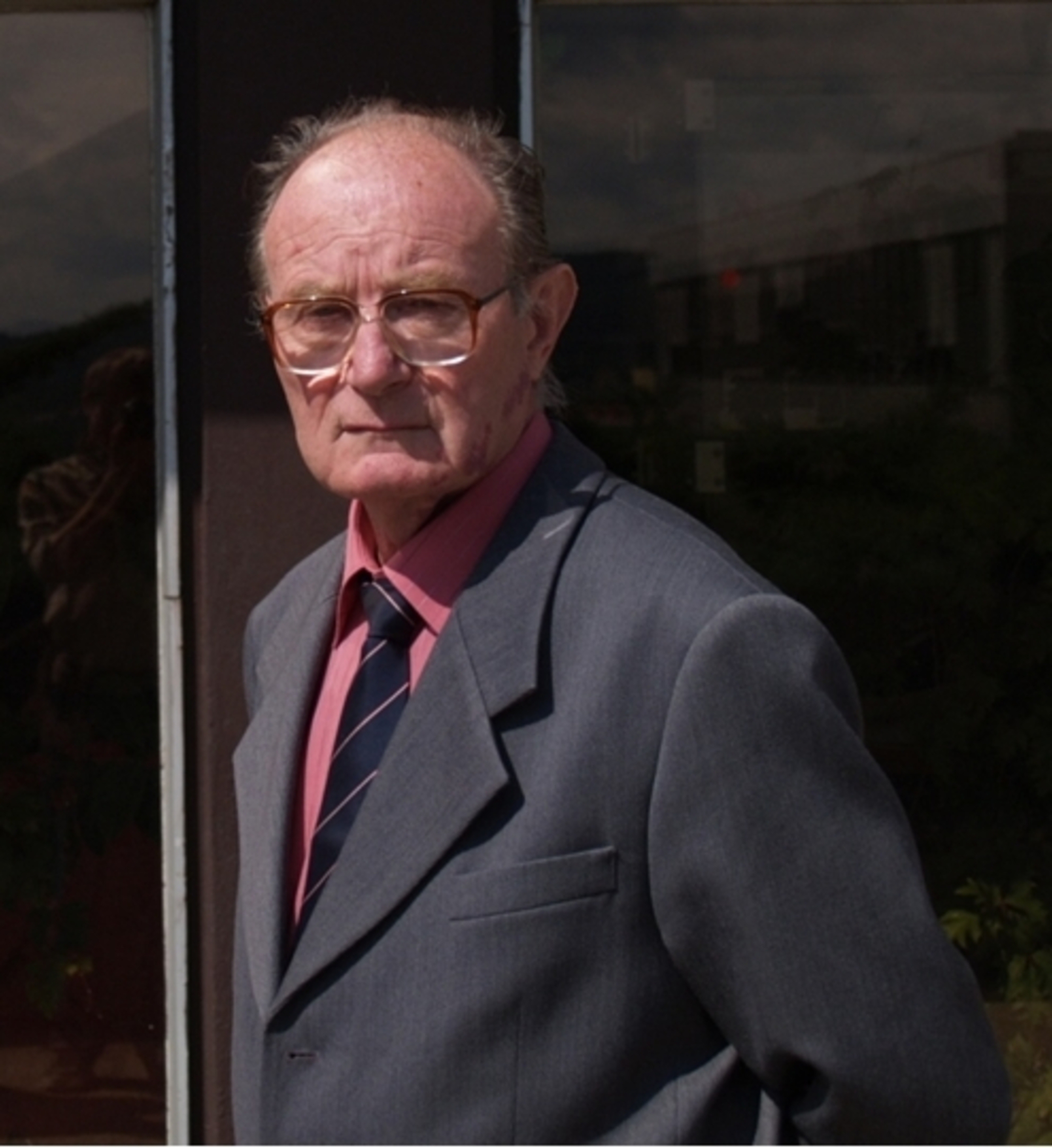When we were twelve years old, it would be shameful for us to show fear
Vladimír Hrbek was born February 12, 1934 in Jemnice. He joined the Boy Scouts in 1946, and he has always remained faithful to the movement, with the exception of the imposed interruptions of activity. After some time he became the second leader and then the leader of the patrol Lišky („Foxes“). In 1950, scouting was banned by the regime and their activity in Jemnice thus came to an end. Vladimír began commuting to Ostrava to do a part time job there at that time. Many of the former members left home, but several of them still persevered and kept meeting, although not under the official Junák organization. They met at their old campgrounds and talked about their experiences as scouts.Vladimír participated in the restoration of Junák (Czech Boy Scouts) in Jemnice in 1968. Due to his busy work he was no longer able to fully join the life of the troop, but he was one of those who fully supported their activities and provided material support for the scouts. However, the next ban on scouting came shortly after. In 1989, Mr. Hrbek was again present at the restoration of the Czech Scouting movement. He still serves as the leader of a group of about sixteen Old Scouts.

